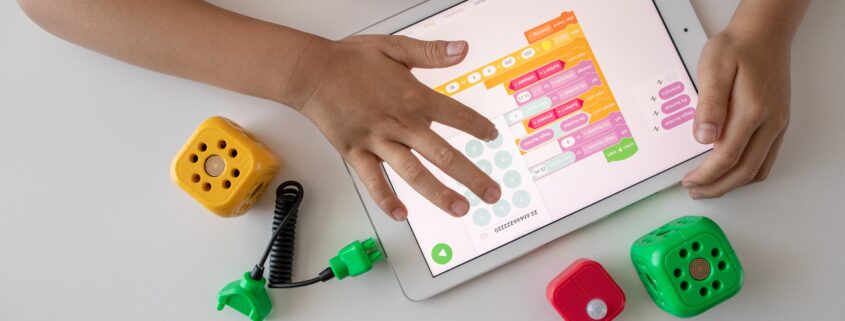Empowering Children: Teaching Kids Resilience
“When children are resilient, they can face life with courage and curiosity. They have a greater ability to adapt. They are more confident which leads them to try new things and strive for growth.” -Dr. G
Childhood tends to be idealized as a fun, stress-free and carefree time in one’s life. However, that is not always the case. Like adults, children also face unforeseen challenges, emotional pain, and unfortunate traumas.
With the access to social apps and technology and a greater concept of all the uncertainties going on in the world today, children are being asked to cope with adapting to new norms, in and outside of the school setting. Helping students to develop resilience will enable them to thrive and overcome challenges that happen in life.
Resilience expert, Dr. G says, “The ability to look at a bad situation and figure out what choices we do still have is crucial. That’s RESILIENCE. Resilience matters. We can’t protect them FROM the hard stuff, so we have to strengthen them FOR the hard stuff.”
So, how do educators and families do this? How do we prepare our children for what’s yet to come and strengthen their resilience?
Dr. G goes on to share a personal experience with resilience…
“One day, I put rollerblades on my then nine-year-old kid who was eager to learn how to do jumps and other tricks he saw the older kids doing at the skatepark. As any parent would be, I was worried about broken bones and sprained wrists. But I knew I knew preventing him from trying new things on his rollerblades wasn’t going to teach the life lesson I wanted him to learn.”
She decided to help him put on his helmet and knee guards.
She than explained, how the next thing he said eased her worry and made her realize something else. Instead of being afraid of falling, he questioned, “Where I will fall today?” He knew this was a possibly and part of the process of learning.
When teaching how to resiliently face challenges with curiosity, children develop skills that translate to a better understanding of how to cope with other challenges they may face in their lives.
Here are some ways to empower children to help them develop resilience:
- Provide opportunities to develop strong connections.
Providing children with opportunities to engage with peers, through listening and trust building activities, will help them to develop a greater understanding of empathy and build stronger connections. Connecting with others socially helps children to learn they can ask for help, share their thoughts, and feel secure. This strengthens resilience.
- Teach routine and flexibility, together.
Having a routine provides children with a sense of structure, security, and certainty. When you teach consistency through a schedule it is helpful to also teach the importance of flexibility. Sometimes plans change or certain details need to be adapted. Showing them this in a visual calendar can help them to better understand and become prepared for this in real everyday life.
- Show how change can be positive.
Change is often a scary word for both adults and children to hear. Provide experiences where children see that change is a part of life. One great activity for this is having children see how caterpillars transform into butterflies. Discussing the change that takes place can help children to better understand how change happens, but change doesn’t necessarily have to be bad.
When you prepare children for what may come, challenges and all, they will be better equipped socially and emotionally to face those and make choices that will bring them strength, peace, and greater clarity. Beth Emet School supports students in becoming confident, successful, independent, and resilient people.




